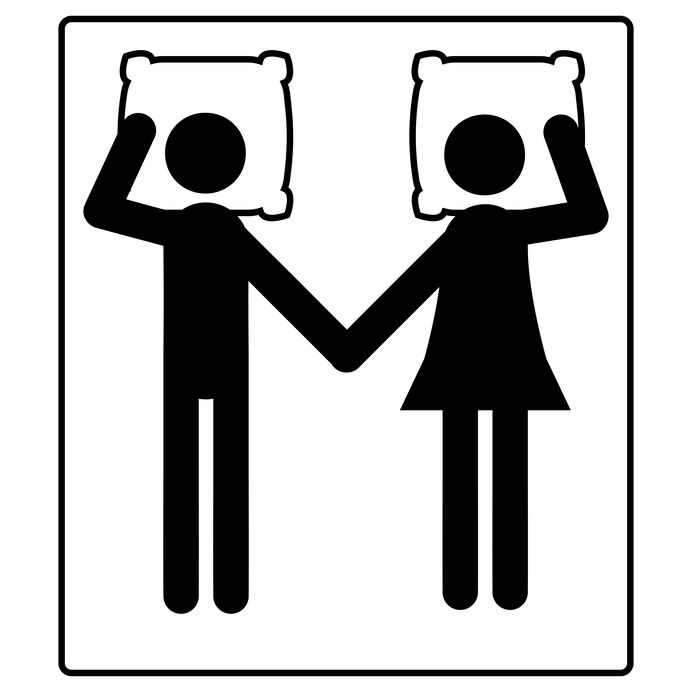One of the biggest health issues today is lack of sleep. Over a period of about 30 years, the average amount of sleep has gone from 8.5 hours a night to about 6.5 hours. This may seem like a small price to pay for living in the digital world but the reality is that lack of sleep is not only a major health issue, it can affect your relationships, too.
Millions of people are sleep-deprived, even if they don’t recognize it. In a recent survey, 5% of people admitted to having fallen asleep at the wheel of their cars in the past 30 days! In fact, sleepiness is one of the major causes of accidents, not just on the road but everywhere. However, sleep can affect not just your health but your relationships.
Even today, there is still debate about exactly what happens during sleep but there is a general view that sleep does two important tasks.
First, sleep heals the body, creating balance between the various systems that manage our physical selves. This occurs in what is called Non-REM (NREM) sleep, during which the body slows down significantly.
Second, sleep files away the experiences of the day, converting them to memories and consolidating them. This happens during dreaming sleep, also called Rapid Eye Movement (REM) sleep. During this time the body is more energized.
The ideal amount of sleep for adults is between six and eight hours. Both sleep of less than six hours and more than eight hours, is associated with greater mortality and disease risk.
How sleep affects relationships
Lack of sleep not only can lead to illnesses like heart disease and diabetes, it can increase stress and upset the hormone balance and hormones themselves.
For example, the hormone Leptin, which turns off hunger, is reduced with poor sleep, and the hormone ghrelin, which stimulates appetite, is increased. Those midnight snacks when you can’t sleep aren’t just out of frustration, there’s an actual physical demand for more food, typically carbohydrates.
The stress hormone cortisol also increases with poor sleep, not only increasing fat storage but also raising stress levels. Other critical hormones also get out of balance with poor sleep, throwing your physical system into disarray and interfering with you body’s defenses, the immune system.
In addition, estrogen, progesterone and testosterone, the key sex hormones which also have other important roles in the body, are also thrown out of balance with inadequate sleep, leading to moodiness as well as foggy thinking.
The increase in stress, irritability, and less than accurate thinking, can lead to all sorts of relationship issues. Communication, understanding and tolerance are all likely to be far worse when you have not gotten enough sleep.
The key to good sleep habits is regularity of bedtime routines, taking time to wind down before sleep, not eating for at least two hours before bedtime, and minimizing caffeine (ideally none after 2pm) and even alcohol. Yes, alcohol does relax you but it interferes with the natural sleep cycle so your post-alcohol sleep will not be every beneficial. Ever had a hangover?
Which raises another important point. The bedroom should be a place for intimacy, relaxation and sleep. It should not be an amusement center that will stimulate you and keep you awake. TVs, for example, don’t belong in a bedroom. Digital devices can also be disruptive because they are not only addictive but also emit blue light, which has been shown to stimulate the brain rather than calming it down.
Good quality sleep is therefore not only essential for good health it is important for the hard work of maintaining a great relationship.
Photo Copyright: innovatedcaptures / 123RF Stock Photo



